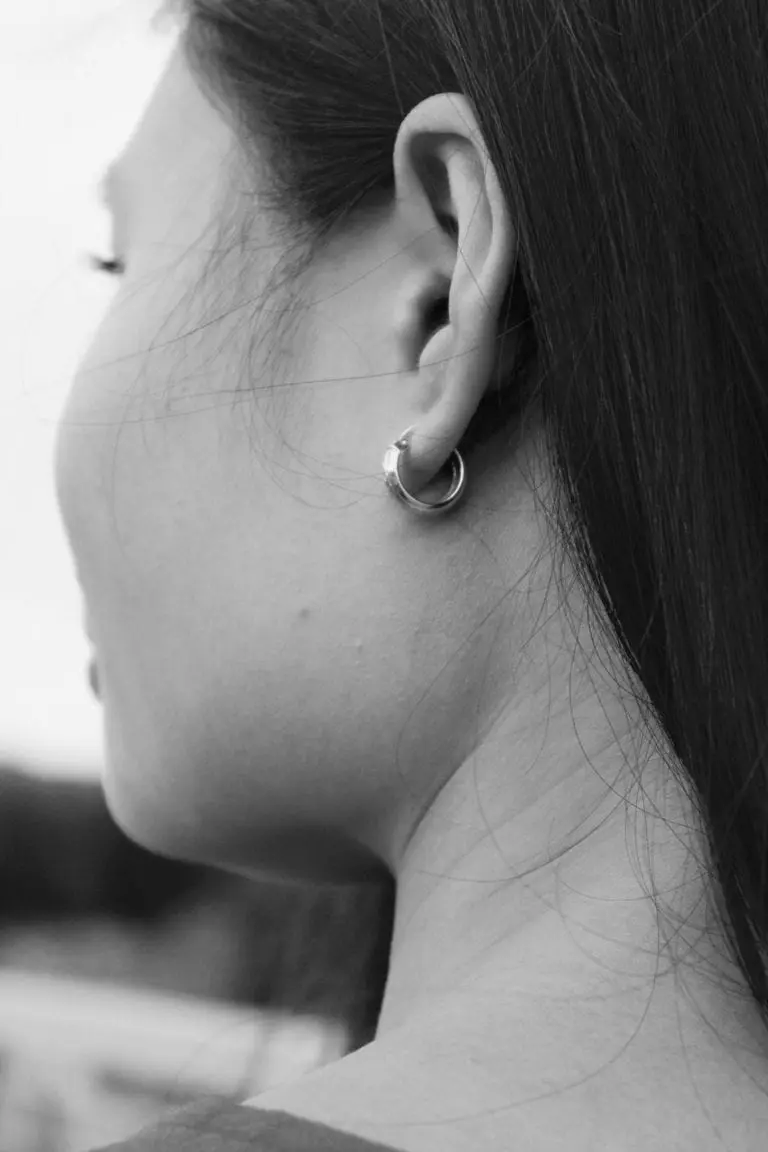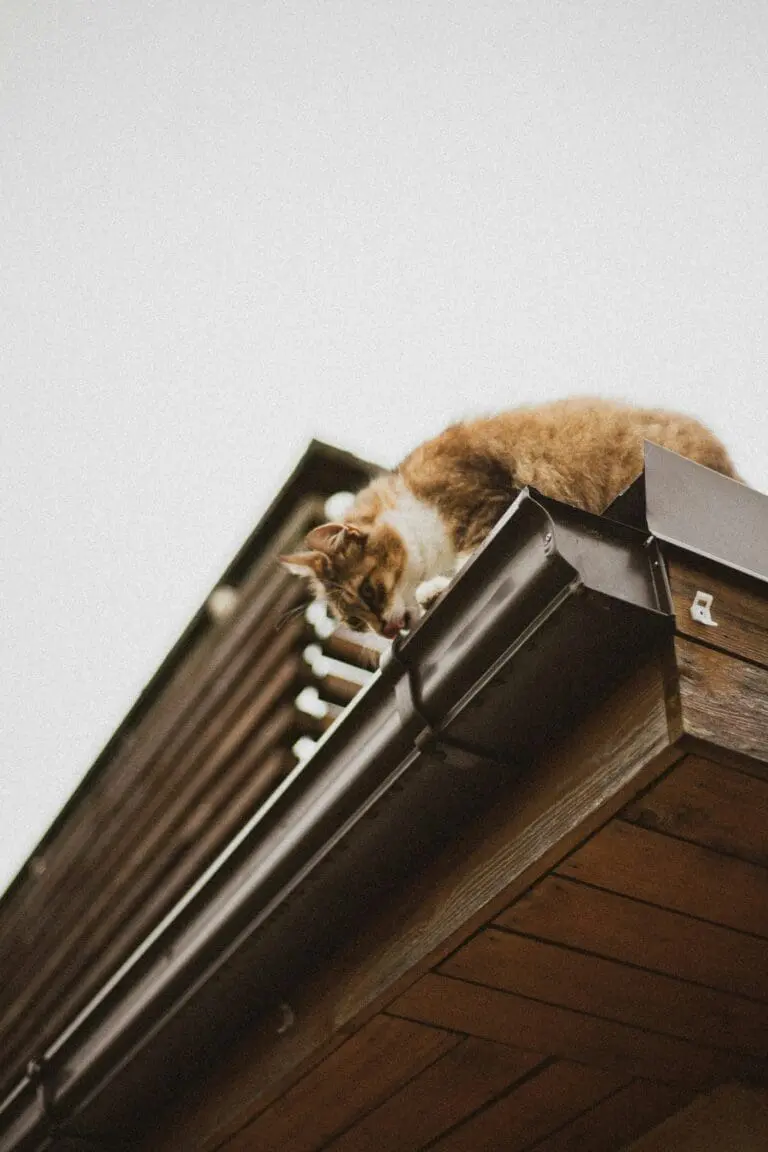Using Natural Dyes for Easter Eggs

Easter eggs are a popular symbol of Easter traditions, and many families choose to dye their own eggs each year. If you’re looking for an eco-friendly alternative to store-bought dyes, using natural dyes for Easter eggs may be the perfect solution. Natural dyes are derived from plants, fruits, vegetables, and other sources that can easily be found around the house or garden. Not only are they environmentally friendly, but they also produce some stunning colors reminiscent of nature.
Here are the step-by-step instructions for dyeing Easter eggs with natural ingredients in a slow cooker:

Materials:
- Hard-boiled eggs
- Slow cooker
- Crockpot liners
- Natural dye ingredients (onion skins, red cabbage, beets, coffee grounds, tea bags)*
- Water
- Cups or glass jars
- Tongs or a slotted spoon
*Natural Dyes ingredients
- Several big handfuls of dry onion skins (I save them ahead of time)
- 1 small head of red cabbage, sliced
- 6 beets, quartered
- 1 to 2 cups of coffee grounds
- 8 to 10 tea bags – more for deeper colors.
Instructions:
- Cover the bottom of your slow cooker with a crockpot liner.
- Fill your slow cooker about half full with water.
- Add your natural dye ingredients to the slow cooker.
- Turn your slow cooker on high and allow the water to heat up for about 3 to 4 hours until the dye liquid is fairly dark.
- Using tongs or a slotted spoon, carefully remove the plant material from the slow cooker.
- Ladle the dye liquid into cups or glass jars.
- Carefully dip your hard-boiled eggs into the dye mixture. The longer they sit, the darker the color.
- Using tongs or a slotted spoon, carefully remove the eggs from the dye mixture and place them in a colander to drain any excess dye.
- Allow the eggs to cool completely before handling them.
Note: If you want to create designs or patterns on your eggs, you can use a white crayon or wax to draw on the egg before dipping it into the dye mixture.
Have fun using natural dyes for your Easter eggs! You’ll end up with beautiful earthy, subtle tones that are perfect for the season. And you can display your beautiful eggs in one of these items from Jane.
Using Natural Dyes for Easter Eggs
Materials
- Hard Boiled Eggs
- Slow cooker
- Crockpot liners
- Natural dye ingredients (onion skins, red cabbage, beets, coffee grounds, tea bags)
- Water
- Cups or glass jars
- Tongs or a slotted spoon
Natural Dyes ingredients
- 8-10 teabags (more for deeper colors)
- 1-2 cups ground coffee
- 6 Beets (quartered)
- 1 small head of red cabbage, sliced
- Several big handfuls of dry onion skins (I save them ahead of time)
Instructions
- Cover the bottom of your slow cooker with a crockpot liner.
- Fill your slow cooker about half full with water.
- Add your natural dye ingredients to the slow cooker.
- Turn your slow cooker on high and allow the water to heat up for about 3 to 4 hours until the dye liquid is fairly dark.
- Using tongs or a slotted spoon, carefully remove the plant material from the slow cooker.
- Ladle the dye liquid into cups or glass jars.
- Carefully dip your hard-boiled eggs into the dye mixture. The longer they sit, the darker the color.
- Using tongs or a slotted spoon, carefully remove the eggs from the dye mixture and place them in a colander to drain any excess dye.
- Allow the eggs to cool completely before handling them.










